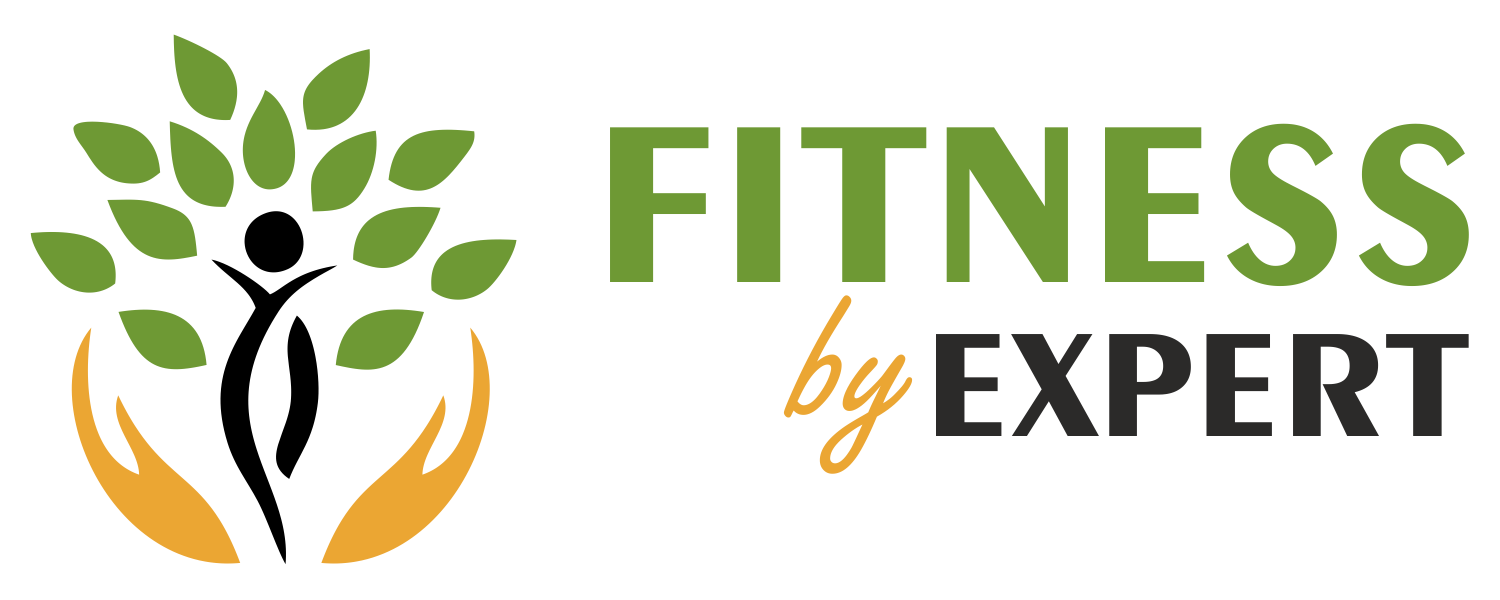Kathak dancing and yoga can be combined to provide incredible health and fitness advantages.
How yoga and meditation may be incorporated into Kathak Dance, a wholly different style is difficult to understand. However, Paramita Bhattacharyya, a Los Angeles, California-based Kathak performer who has received numerous awards from India, the United States, and London, thinks it is doable.
Storytelling Art: Kathak
Bhattacharyya tells IANSlife that she is passionate about spreading the word about the Indian classical dance style “Kathak – Storytelling Art.” “Ancient Indian cultural traditions such as dance and yoga are intertwined and seen as complimentary to one another. Dance turns into meditation once a practitioner reaches a particular point.”
Read on to find out why and how she sees yoga and meditation as a complement to the discipline of Kathak dance.
What impact do yoga and meditation have on kathak dance?
All eight stages of yoga—Yama, Niyama, Asana, Pranayama, Pratyahara, Dharna, Dhyan, and Samadhi—are covered in the daily practice of Kathak. Almost all of the asanas are practiced in Kathak. As we progress into the seventh and eighth stages, we finally arrive at a level where we begin to hear music inside of ourselves and become completely unaware of our surroundings. What are the main forms of Kathak’s classical dance, yoga, and meditation? What makes it unique from the conventional classical dance?
There is no distinction because Yoga is also an old kind of meditation and Kathak is one of the mysterious movements in the ancient classical dances. The result of combining the two techniques is Kathak Yoga, a flawless fusion of the mind and body. During this form, every cell and nerve in the body is active. The breathing techniques used in Kathak Yoga are similar to those used in meditation.
How does yoga enlighten the Indian classical dance form known as “Kathak”?
I’ve been using yoga and Kathak Meditation together for more than 25 years, Paramita. I do Surya Namaskar and breathing exercises for at least eleven rounds in the morning.
The practice of ‘patient’ rhythmic utterances by the dancer herself just after completing a difficult powerful rhythmic pattern where a lot of energy has been expended is the best example of pranayama in Kathak. The following rhythmic pattern must be recited without showing any signs of panting.
How can a dancer or yogi use their body art to promote well-being, harmony between the body and the spirit, and oneness with the Supreme Being?
Yoga keeps the body healthy and calms the mind, which both contribute to energy channeling. Different pranayama-breathing techniques and dhyana-meditation make it centered and tranquil, which is vital for everyone who is in the field of art and creativity. The use of breath and linking breath to movement aids in remaining physically healthy.
The yogic way of living gives one tremendous energy and puts one’s mind in the “yes” mode, which leads to success in all activities. Personally, I believe that Pranayam and Dhyan have sharpened my creativity in both the dancing and music fields. Yoga aids in discovering the source of untapped potential and undiscovered talents, but most importantly it brings one into harmony with the supreme power.
When incorporated into a daily sadhana, how can kathak yoga change the practitioner’s mental and spiritual wellness?
I do Surya Namaskar and breathing exercises for at least eleven rounds in the morning. Yoga unquestionably maintains physical health and promotes mental peace. My dance practice has greatly benefited from the use of breath and the connection of breath to movement. Yoga has also helped me become more flexible and maintain my mental equilibrium over the years. Regular practice improves concentration while also fostering mental clarity, tranquility, alertness, and enthusiasm. Basic asanas are taught to my students as part of their dance instruction.
Is it true that practitioners of kathak yoga are encouraged to study spirituality?
Obviously, yes Whatever you choose to call it—dance combined with yoga, meditation, or Kathak yoga—this is a form of Lord Shiva’s art that brings ananda, or serenity, to the soul.
It takes a lot of practice to master Kathak Yoga. Once you succeed in doing this, the path you are now doing will bring out the best in you. This lovely art serves as meditation in motion as you practice it. Imagine that you are singing the tune with this while wearing your ghungroo and being drawn to the sound.
It serves as a unity of body and mind since you are in sync and balance during the entire performance. Following an hour of Kathak Yoga, you’ll start to perspire, expel toxins from your body, feel lighter-than-air, and this shift puts you in a meditative state and gets you ready for healing.
Please give historical perspectives on the Kathak Dance Form of Yoga and Meditation.
In the historical scriptures of Patanjali Yogasutra and Natyashastra, respectively, both yoga and Indian classical dance traditions have Vedic roots. They have a variety of linkages, from mudra to moksha. For both, the dance or asana is one’s prayer and the body is a temple.
